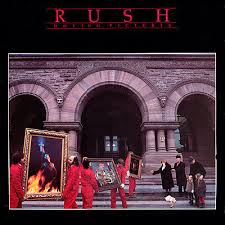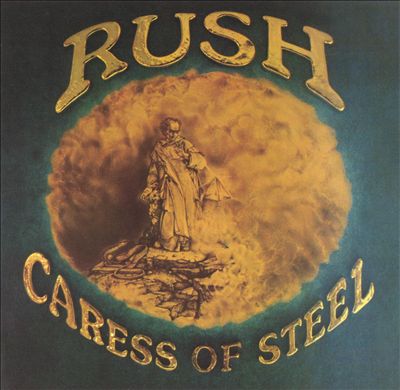The Costs of Work-Life Balance
Roxane Gay of the New York Times has an interesting piece this week on work-life balance, in which she commends the recent trend of people saying no to employers who ask for limitless sacrifices. After confessing that she is a workaholic, she writes, “The expectation that we should go above and beyond for employers who feel no reciprocal responsibility is a grand, incredibly destructive lie” and “it’s why an entire discourse rose around labeling people who are simply doing the jobs they were hired for, nothing more and nothing less, as ‘quiet quitting.’”
My HR professional wife has had to contend with this new way of thinking in our post-shutdown world (I hope post-shutdown). She has managers who are complaining about staff, calling them “lazy” or “not team players” solely because they do the work that’s been asked of them from home rather than in the office. My wife has had to push back.
“Do they do their work well?”
“Yes.”
“Are they friendly with their co-workers and clients?”
“Yes.”
“When you ask them to do something do they do it?”
“Yes.”
At which point my wife slaps her palm against her forehead.
Do we really want people to stop making solid work-life choices that allow them to eat dinner with their children and make it to their after-school activities, if they also meet the essential objectives of their jobs?
Working from home may have some detrimental outcomes – we’ll see how this experiment goes – but so does working oneself to death, and the trend of young people resisting employers who want them to sacrifice their lives is a positive one. At least, it’s positive for the individual and for that individual’s family. I also try to consider things on a more macro level, because as a society we have benefitted greatly from people who are shitty parents but who have a drive to achieve greatness.
I think of the lyrics to Rush’s song “Mission,” in which lyricist Neil Peart admires the drive and creativity of those who’ve contribute great works of art, film and architecture to our benefit while conceding that there is a cost to the individual, and by extension, that individual’s family.
We each pay a fabulous price
For our visions of paradise
Beethoven, Picasso, Einstein, Hemingway, Frank Lloyd Wright, Steve Jobs, Jeff Bezos, etc. – they’ve all benefitted our society in profound ways, but in many cases they left a trail of oppression and neglect in their wakes.
I view the myopic drive for greatness as akin to owning a boat. I’m glad to have a friend who owns one, but I’d never want the headache of owning one myself. The same can be said of a career that supersedes family. I’m glad some families have had to endure that hardship insofar as the result benefitted the greater good, but I’m sure glad mine isn’t one of them.





















